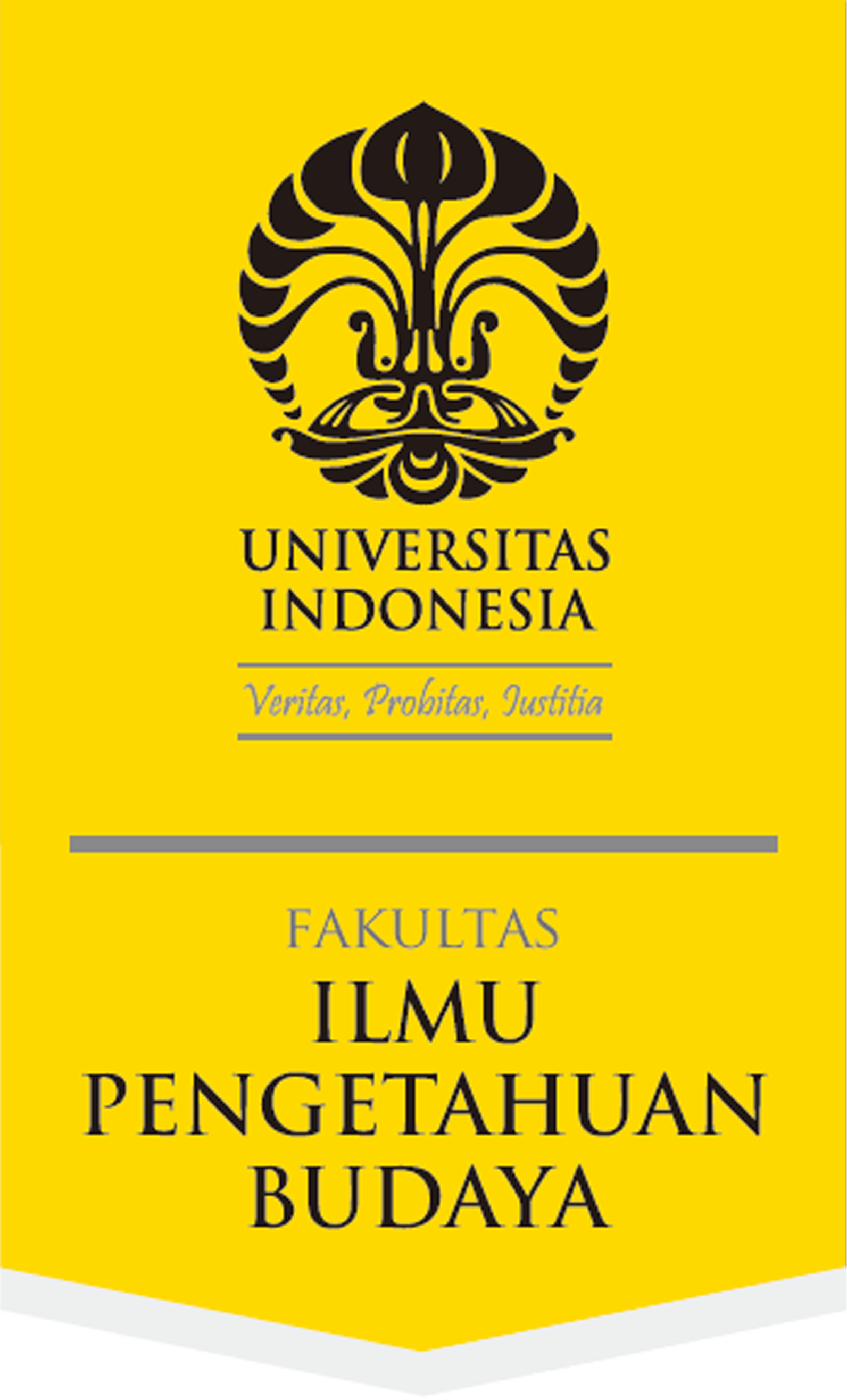Abstract
This thesis examines the normalization of China-Indonesia's diplomatic relations in order to understand China's main motivation. The "micro-macro linkage" approach is used to uphold the empirical evidence that is enhanced by the mianzi concept. In Chinese culture, mianzi consists of honourable values and meanings. The result of this research shows that the changes in China's foreign policy priority have been caused by the demise of the socialist power in the late 1980s and the Tiananmen incident in 1989. Threat to China's sovereignty and unity has been the basis of the priority to keep the country's honour and existence. The term baoquan mianzi is used in this matter. It means using the whole potential of the Chinese people to defend the country's honour. The People's Republic of China's international image and glory need to be restored. The normalization of diplomatic relations has proven to be part of baoquan mianzi effort and has given China a big opportunity to participate in regional and global forums.
References
Agreed minutes. 1990. Agreed minutes of discussion, between officials of the Republic of China and of the Republic of Indonesia on technical matters relating to the settlement of outstanding debt between the two countries (and the Annex), signed by Jusuf Anwar (RI) and Zhang Qing (PRC), Beijing, 28-03- 1990.
Agreement. 1990. Agreement between the government of the Republic of Indonesia and the government of the People’s Republic of China on the settlement of Indonesia’s debt obligations to the People’s Republic of China (and the exhibit), (and the Annex), signed by Jusuf Anwar (RI) and Zhang Qing (PRC), Beijing 02-07-1990.
Beijing Review, February 19-25, 1990.
Cheng Yingchang. 1986. “The concept of face and its Confucian roots”, Journal of Chinese Philosophy 13: 329–348.
邓小平 (Deng Xiaoping). 1989. 邓小平文选, 第三卷 (Deng Xiaoping wen xuan, 1938-1965 nian). 北京 (Beijing):人民出版社 (Ren min chu ban she: Xin hua shu dian fa xing).
Ge Gao, Stella Ting-Toomey. 1998. Communicating effectively with the Chinese. California: Sage Publications.
Hong Liu. 2011. China and the shaping of Indonesia, 1949–1965. Singapore: NUS Press in association with Kyoto University Press, Japan.
Kartodirdjo, Sartono. 1992. Pendekatan ilmu sosial dalam metodologi sejarah. Jakarta: PT Gramedia.
Kroef, Justus M van der. 1989. “Hesitant normalization; Indonesia’s slow boat to China”, Asian Affairs 16 (1): 23–44.
Kuntowijoyo. 1995. Pengantar ilmu sejarah. Yogyakarta: Bentang Budaya.
Legge, James (ed.). 1930. The four books; Confucian analects, the great learning, the doctrine of the mean, and the works of Mencius. With English notes and translation by James Legge. Shanghai: Commercial Press.
钱其琛 (Qian Qichen). 2003. 钱其琛: 外交十记 (Qian Qichen: ‘Diplomatic ten mind’). 北京(Beijing):知识世界出版社 (World Knowledge Publishing House).
佘文锁 (She Wensuo). 1989. “印尼正在迎接中印 复交 (Yinni zhengzai yingjie Zhong Yin fujiao)”, 联合早报 (United Daily), Singapore, 25-12-1989.
Tokyo Kyodo, 02 July 1990, in FBIS-CHI-90-128, p. 6.
Zhao Quansheng. 1996. Interpreting Chinese foreign policy; The micro-macro linkage approach. Oxford/New York: Oxford University Press.
Recommended Citation
Muas, R. Tuty Nur Mutia Enoch
(2012)
"Normalization of China-Indonesia's diplomatic relations and the role of the mianzi concept,"
Wacana, Journal of the Humanities of Indonesia: Vol. 14:
No.
2, Article 12.
DOI: 10.17510/wacana.v14i2.71
Available at:
https://scholarhub.ui.ac.id/wacana/vol14/iss2/12









